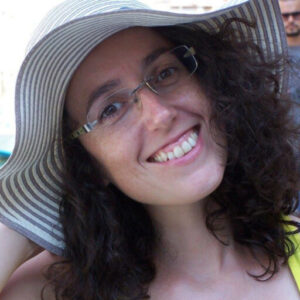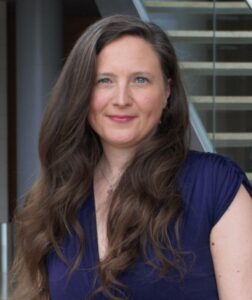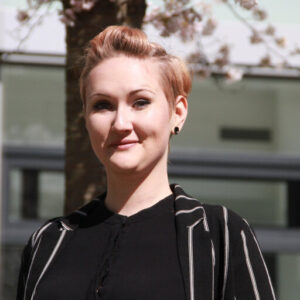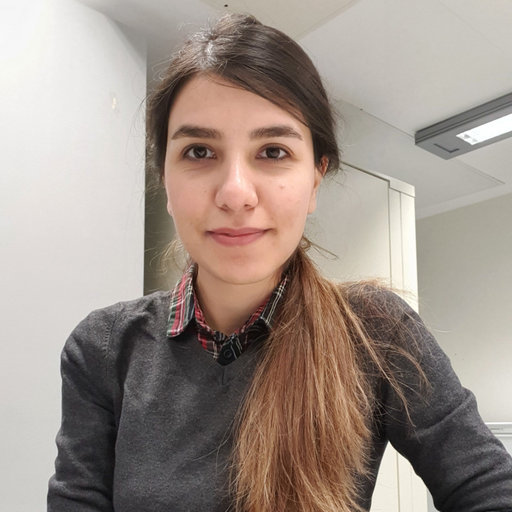BIOMET4D marks the International Day of Women and Girls in Science 2025 by speaking with four of our talented female researchers from IMDEA Materials Institute, the University of Galway, the Health Research Institute at Gregorio Marañón Hospital, and the University Hospital Aachen. They share their experiences as women in science, their career paths, and the challenges that still persist in the field.

Lorena Cusso. Health Research Institute, Gregorio Marañón Hospital
Honestly, until I started my biology degree I had never thought about doing research.
During my Bachelor, Master and PhD thesis there have always been more women than men in the field, probably because they are sciences related to biomedicine.
I have never felt discriminated against because of my gender, in fact I have always been lucky to the have full support of my superiors, many of them men. Today, the 6 research lines of our group are led by women empowered by a good group leader, who has never limited us because of our gender.
In my opinion, science should not be a gender issue and I feel fortunate that I have never had to worry about it.
On this International Day of Women and Girls in Science, I share a brief reflection on what led me to choose science as a career path, which I prepared when my high school, Gwynedd Mercy Academy, awarded me with their Trocaire Leadership Award for Science, Technology, Engineering, and Math (STEM) in 2024.
It was as much the lessons that I learned in my non-STEM classes as in my math and science classes that have helped me become a successful researcher and scientist, but above all it was a feeling of support from my family, my classmates, and my teachers. In fact, in my freshman year, we didn’t even have the option of taking a science class!
But times have changed, and now the school even offers engineering and computer science classes as part of its curriculum. Increased awareness of and exposure to technical career paths can help to influence girls’ choices for science, but ultimately, support and encouragement is key.

Jennifer Patterson. IMDEA Materials Institute.

Julia Reichard. University Hospital Aachen.
Even as a Ph.D. student, I had access to a supportive academic environment, with options including face-to-face discussions with women in leading positions. These women have shared their strategies for overcoming obstacles, the importance of mentorship, and how they navigate the complex dynamics of leading in life science.
However, as I transitioned into a senior scientist role, I began to feel the pressure to prove myself as capable, despite being fully qualified, especially when I looked at the underrepresentation of women in top scientific leadership roles. Yet, there is an increasing recognition of the need for female role models, and the importance of mentorship programs is becoming more widely acknowledged.
The availability of grants targeted at female researchers has certainly improved the work environment for women in science.
In the past, the dominance of men in industrial workplaces was likely attributed to the reliance on physical strength. However, in today’s world, with the advent of advanced machinery and technology, intellectual capabilities have become the key determinant of success in engineering and other technical fields, irrespective of gender.
I chose to pursue mechanical engineering during my undergraduate studies in the Middle East, where more than 90% of the students were male. Despite the gender imbalance, I was determined to follow my childhood dream of becoming a scientist.
Continuing my journey in engineering, I pursued a Ph.D. in a different country and now work as a postdoctoral researcher. While the path has been challenging, it has provided me with invaluable and unique experiences for which I am deeply grateful.

Mahtab Vafaeefar. University of Galway.
As we celebrate the International Day of Women and Girls in Science, the stories of these researchers remind us of the progress made and the challenges that remain. Their dedication and passion drive innovation in the field, inspiring future generations of women in STEM. At BIOMET4D, we are proud to support and amplify their voices as we work towards a more inclusive and diverse scientific community.
